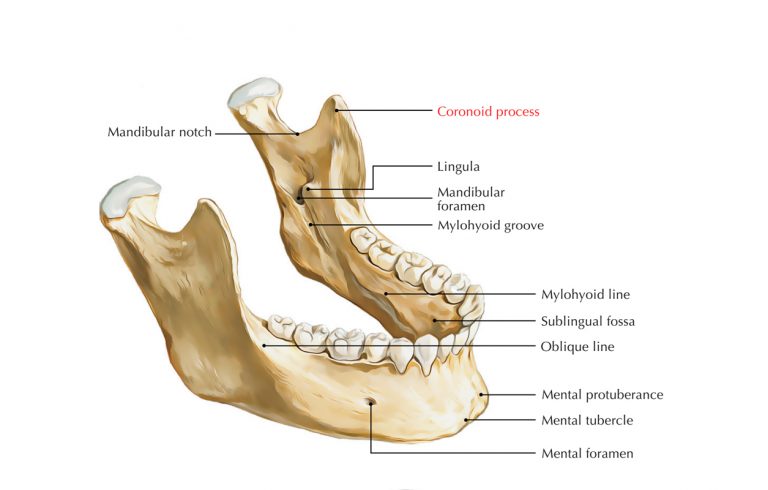Tips for Better Sleeping: Unveiling Natural Solutions for a Restful Night
Sleep – it’s the unsung hero of our well-being. Whether boosting our immune system or rejuvenating our minds, a good night’s sleep plays a pivotal role. Yet, many of us find it elusive. If the dreamland feels miles away, here are some in-depth tips to bridge that gap.
1. Set a Sleep Schedule
Consistency can transform your sleep quality. Going to bed and rising simultaneously every day, on weekends, can reinforce your body’s sleep-wake cycle. Over time, this regularity can make falling asleep more natural and spontaneous.
2. Embrace a Pre-bedtime Ritual
Transitioning from the day’s hustle to a peaceful night requires a buffer. It could be in calming music, a warm bath, or light reading. Activities that relax your mind and body can set the perfect prelude to a sound sleep.
3. Watch Your Diet
What you eat affects how you sleep. Minimize caffeine, especially post-afternoon, as it can stay elevated in your blood for 6-8 hours. Also, big meals before bed can cause discomfort and indigestion, making sleeping challenging.
4. Optimize Your Sleep Environment
Craft a sleep-conducive bedroom. Soft lighting, cool temperatures, and a quiet environment can significantly boost sleep quality. Consider soundproofing options or white noise machines for those living in noisy areas.
5. Limit Screen Exposure
Scrolling through social media or watching a series before bedtime is tempting. Nevertheless, the blue light emanating from screens can disrupt your melatonin levels. Commit to a digital detox at least an hour before sleep.
6. Natural Sleep Aids – The New Go-To
The natural wellness world has brought forth effective sleep aids. CBD gummies for sleep have become famous for their potential to promote relaxation. They are gaining traction for their potential sedative properties, aiding in deeper sleep cycles.
7. Stress Management is Crucial
An overactive mind is often a sleep deterrent. Incorporate mindfulness practices, like meditation or deep breathing exercises, to center yourself. It can be instrumental in decluttering your mind and prepping it for a restful night.
8. The Role of Physical Activity
Exercise, undoubtedly, promotes better sleep. By boosting the effect of sleep-regulating brain chemicals like serotonin and decreasing cortisol levels, the stress hormone, physical activity can set the stage for a sound sleep. Yet, timing is crucial. Try to finish workouts at least a few hours before bedtime.
9. Napping – A Double-Edged Sword
While short power naps are beneficial, prolonged or irregular napping can backfire, disrupting your night-time sleep. If you need to nap, keep it short and not too late in the day.
10. Fluid Intake – Timing Matters
While hydration is vital, excessive evening beverages can lead to those annoying mid-night bathroom trips. Try reducing your intake in the latter half of the day.
11. Understand Your Body
Lastly, listen to your body. If you’re consistently tired despite long sleep hours, delve deeper. There might be underlying issues, like sleep apnea or restless leg syndrome, worth discussing with a healthcare provider.
In Conclusion
Achieving sound sleep isn’t a distant dream. With a mix of lifestyle tweaks and natural aids like CBD and CBN gummies, you’re equipped to build a sleep-friendly routine. Here’s to restful nights and energized mornings!







